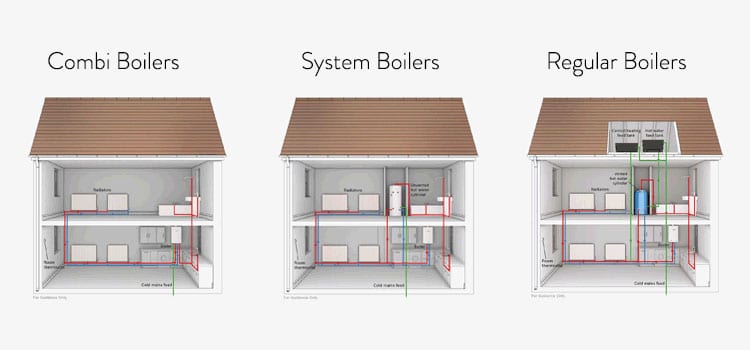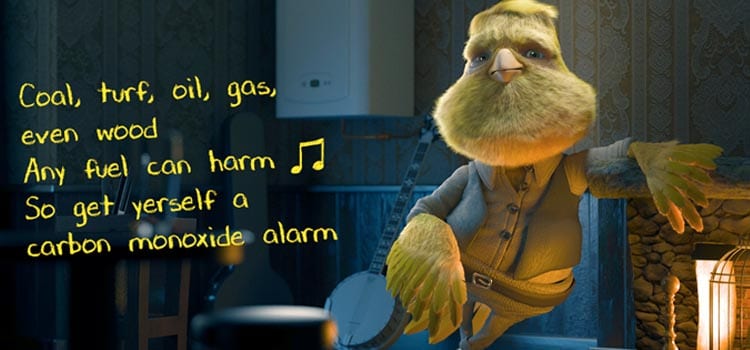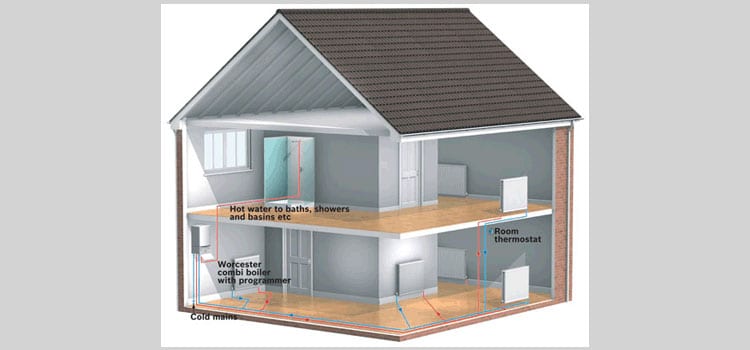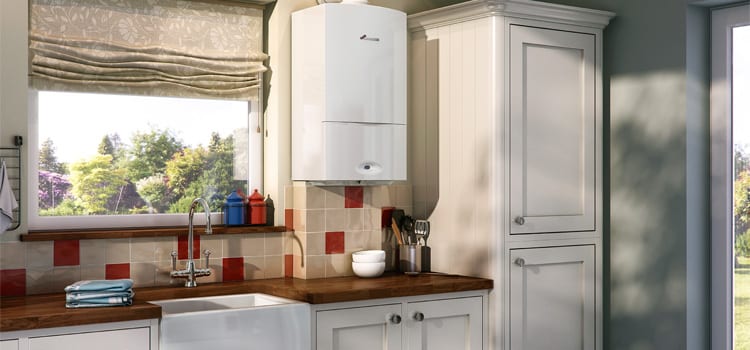Different Types of Gas Boilers for your Central Heating System

Types of Gas Boilers If you have the unfortunate problem of a boiler breakdown in winter and you have to replace your gas boiler or you are simply looking to upgrade your gas boiler then there are a few things you need to consider when choosing what type of boiler to install in your home. […]
Where is the best place to put a carbon monoxide detector?

What is Carbon Monoxide (CO) ? Carbon Monoxide (also known as CO) is a colourless, odourless poisonous gas and is a common yet preventable cause of death from poisoning worldwide. Approximately half of the deaths from unintentional CO poisoning result from the inhalation of smoke from fires. Other significant causes are vehicle exhausts and deaths […]
How Does a Combi Boiler Work?

Combi Boiler / Combination Boiler A combi boiler or ( combination boiler ) is an ingenious space-saving idea and an increasingly popular choice in homes. Combi boilers now account for well over half of all the new domestic boilers installed every year. A combi boiler is both a high-efficiency water heater and a central heating […]
What a Gas Boiler Replacement Costs

Everyone will agree that there are many benefits related to replacing your old gas boiler with a new high efficiency condensing model. For example, even the very best non-condensing gas boilers that are in perfect running order operate at an efficiency level of, at most, 70% (the vast majority of non-condensing boilers have a considerably […]